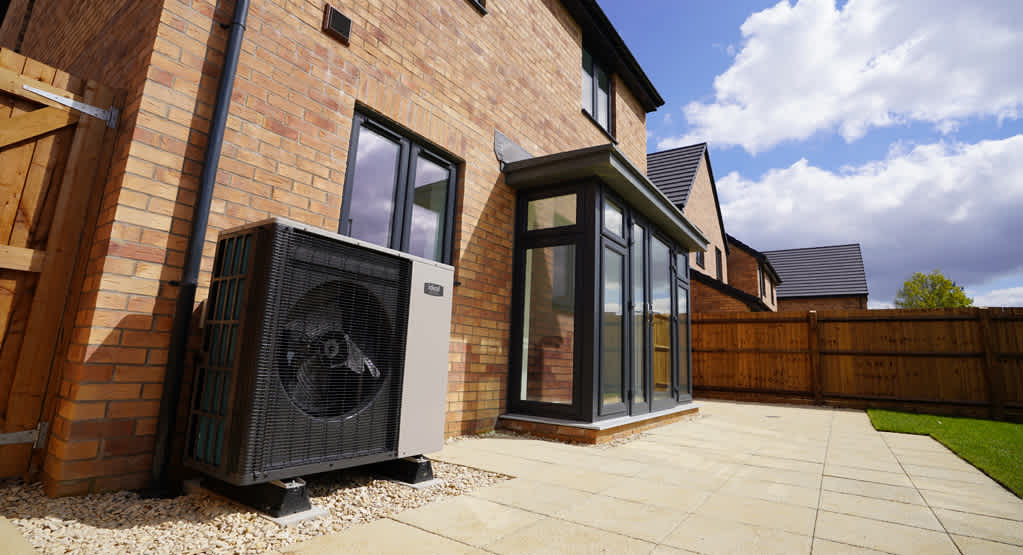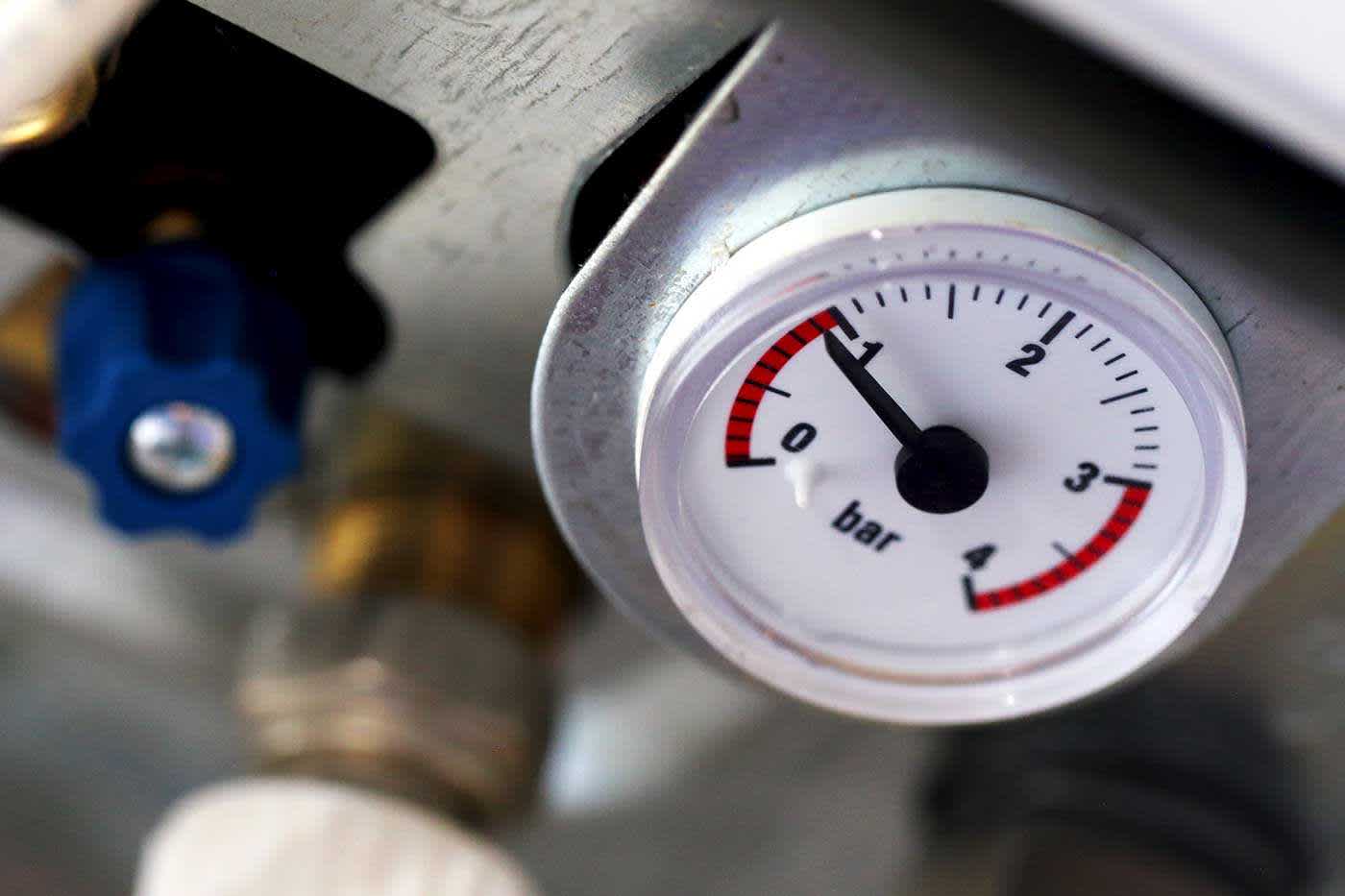
What boiler grants are available to homeowners?
Replacing a boiler is a significant but essential investment in your home's comfort and efficiency. We understand that the upfront cost can be important for many households. Fortunately, several schemes are in place to provide financial support, making it easier for eligible homeowners to upgrade to a more efficient heating system, reduce their energy bills, and lower their carbon footprint.
Understanding the main energy efficiency schemes
It’s important to understand that most funding for gas boilers is delivered as part of broader home energy efficiency programmes, rather than as standalone grants.
The primary scheme is the Energy Company Obligation (ECO4). This is a UK Government-backed obligation placed on the largest energy suppliers to fund efficiency improvements in low-income and vulnerable households. A replacement boiler grant is often a key part of the ECO4 package. Still, it is usually delivered alongside other measures, such as loft or cavity wall insulation, to ensure the property is more efficient.
A separate but related scheme is the Great British Insulation Scheme. While its main focus is on providing insulation to a wider range of households, the improvements it funds are critical for getting the most out of any new boiler grant by ensuring your home retains the heat it produces.
It’s important we distinguish these from the Boiler Upgrade Scheme (BUS), which provides grants for low-carbon technologies. The BUS is not a boiler grant - it provides funding for air source heat pumps and biomass boilers.
You can learn more in our boiler vs heat pump comparison guide.
Who is eligible for a boiler grant?
Eligibility for the ECO4 scheme is specific and is designed to target the households that need it most. The criteria are set by the Government and Ofgem and are based on two main factors:
The receipt of certain income-related Government benefits. The list of qualifying benefits can change, but it typically includes Pension Credit, Universal Credit, Income Support, and Housing Benefit, among others.
Your property's energy efficiency. To qualify for measures under ECO4, your home must usually have an Energy Performance Certificate (EPC) rating of D, E, F, or G. The scheme's goal is to upgrade the least efficient homes, so properties with an A, B, or C rating are not normally eligible. It is essential to check the latest criteria directly via the Government's website or with an approved ECO4 installer.
The application process: a step-by-step guide
If you believe you may be eligible, the application process for a new boiler grant is generally straightforward.
First, you will need to check your eligibility formally. You can do this through the Government's online checker or by contacting one of the main energy suppliers, who can direct you to their list of approved installers for the ECO4 scheme.
Second, an approved installer will arrange a survey of your home. A qualified assessor will visit your property to confirm its EPC rating and determine suitable energy efficiency measures. This assessment will confirm if a boiler replacement is part of the recommended upgrade package for your home.
Finally, the accredited installer will do the work if a new boiler is approved. Once complete, you can enjoy a warmer, more efficient home with lower energy bills.
If you find you’re not eligible for a grant, upgrading to a modern, A-rated boiler is still one of the most effective ways to reduce your home's running costs. A new efficient boiler is an investment that pays for itself through long-term energy savings.
Explore our range of high-efficiency boilers.
Choosing the right boiler for your home
Receiving a grant is only the first step - you must also ensure the correct boiler is installed. The installer will recommend a suitable model based on your property's needs. This could be a space-saving Combi boiler, a System boiler for a larger home with multiple bathrooms, or a Heat only boiler if you are replacing a more traditional system. The goal is always to install a modern, A-rated boiler to maximise your home's efficiency.
For more information, see our guide to choosing your new boiler.
While boiler grants in the UK are targeted and have specific eligibility criteria, they provide a vital pathway for many households to access a warmer and more affordable home. Understanding the available schemes like ECO4 is the first step towards determining whether you qualify for support.
Whether your upgrade is funded through a grant or private investment, choosing a high-efficiency boiler from a trusted British manufacturer like Ideal Heating ensures you receive a reliable, expertly engineered product.

















